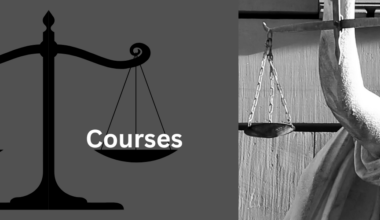Traditionally insanity has been measured by what is largely a cognitive test. Under this test, the “inquiry” is whether the troubled mind was so deranged as to render the person wholly and absolutely incompetent to comprehend the nature and quality of the act. This criteria was formulated when the psychiatric knowledge was quite primitive. It failed to account for one who by reason of mental illness is unable to control his conduct even though his cognitive faculty seems impaired. When this test was evolving it was thought that all the mental faculties were simultaneously affected by mental illness.
A decision as to an individual’s mental condition may utilize expert testimony, and such testimony frequently produces a conflicting opinion. Psychiatrists complain that the law speaks as if insanity were a specific disease. Actually, insanity is not a disease but a mental condition that may be arrived at by various medical and legal routes. Although there is an agreement between psychiatrists and lawyers that the severely emotionally disturbed person should be protected, there is no common consensus about how to reach that conclusion.
Insanity is a legal term denoting that the individual is so confused and deranged as a result of mental illness that he is not legally responsible for his actions. Mental health professionals used the term “abnormality” instead of insanity, and they used it in a much broader sense than it is used by lawyers and refer to almost anything from simple anxiety to dementia (which is interpreted as synonymous with gross mental deterioration). The medical science relies on the illness perspective, in which the idea is to classify all known mental diseases in a logical and consistent manner. The law is concerned with the question of responsibility rather than the type of distress. The prevailing test of a law is not “Is this a paranoid or mania?” but, “Did the accused know from wrong?” Another test is whether a person who knows that the act is wrong, but does it anyway compulsively, on an “irresistible impulse”.






